Image Source: http://www.startupchampions.co/blog/2019/10/14/celebrating-indigenous-peoples-day-in-your-ecosystem
Julie A. Baker
Articles reflect the views of the author and/or those quoted and do not necessarily represent the views of CCBC or The CCBC Connection.
History is a tool that we use to look back and understand how we arrived at today, and to help us chart a better course towards the future. As a social science it should evolve as new information is unearthed and old information is released from the poisonous effects of distortion and erasure.
In two recent landmark legal cases—McGirt v. Oklahoma and Sharp v. Murphy— the U.S. Supreme Court decided to uphold treaty rights for the Native tribes in Eastern Oklahoma, providing powerful proof that the US government does have the capacity to reinterpret and correct the errors of the past.
The same principle should be applied to a different, but related, federal blunder: the celebration of Columbus Day. Cities, states, and colleges around the country have eliminated this inappropriate holiday and are replacing it with Indigenous Peoples’ Day, and it is time we do the same here at CCBC and in Maryland.
We already know that Columbus got lost on his way to find a trade route. He accidentally stumbled upon Haiti (“Ayiti”) where he met its inhabitants, the Taíno people. Columbus found them to be so lovely and generous that he wrote, “They never refuse anything that is asked for. They even offer it themselves and show so much love that they would give their very hearts.”
Columbus chose to answer that generosity through unthinkable violence and barbarity. One of his first acts was to personally initiate the transatlantic slave trade on his voyage back to Europe.
Columbus didn’t “discover” those lands, but he did covet them. In his destructive wake the bountiful rivers and verdant forests were pillaged and laid to waste—and the vast majority of the Taíno people were dead. Columbus treated other people’s lands as he treated other people’s bodies, as commodities to be taken by force, and exploited, marked forever as a trophy, a prize for cruelty.
Four years before Columbus accidentally bumped into “The New World,” the navigator Jean Cousin had already found it, seemingly on purpose in 1488. Leif and Thorvald Ericson voyaged to North America hundreds of years before Columbus planted his flags and swords for the Catholic kings. Thorfinn Karlsefni's settlement in what is now Newfoundland is fully documented. French traders from Saint-Malo and Dieppe had already been trading in Brazil for several years according to Jean Binot Paulmier de Gonneville who recorded this information in 1504. Most that found their way here set roots among the indigenous or settled into peaceful trade.
With Columbus and those that followed him came death, pushed by the wind across oceans to lay their sails like wings over the lives of millions of Indigenous peoples. With him came war, slavery, child sex trading, deforestation, monocropping, and genocide. Columbus’ legacy was managing to stumble onto land inhabited by others and to decide that these people and their land only had value as consumables.
Today we stand at a crossroads as our nation is being forced to stare into the face of our bloody, racist history. Here at the Community College of Baltimore County we shouldn’t stand long at the crossroads, we should choose the right path. To sit idle sends a message of complicity.
Our community colleges should be at the forefront of the movements of change. Young people look to institutions of higher learning as spaces for growth, guidance, and critical thinking. It is the responsibility of these institutions to offer the most accurate education, and to be unflinchingly accountable. By its very mission and design, a community college has the obligation to represent all of their students in a fair, compassionate way; and part of that is to not celebrate the destruction of the ancestors of some students by the ancestors of other students.
Native peoples and cultures were here since at least the 10th millennium BC. CCBC should do more to shed light on the past and present-day traditions, contributions, stories, and struggles of the indigenous communities who are still working to gain a seat at the table and have their voices heard after centuries of being silenced.
There is a universal morality that guides our species. We all know how we as individuals wish to be treated, and that is with compassion, empathy, and love. This is called the golden rule by some, a sense of simple goodness by others. The path to healing our nation needs a first step at every level. It’s our turn now to take that step at CCBC.
Julie A Baker is a CCBC student, the mother of three CCBC students, a professional artist, and aspiring wordsmith. This editorial is her first published essay.


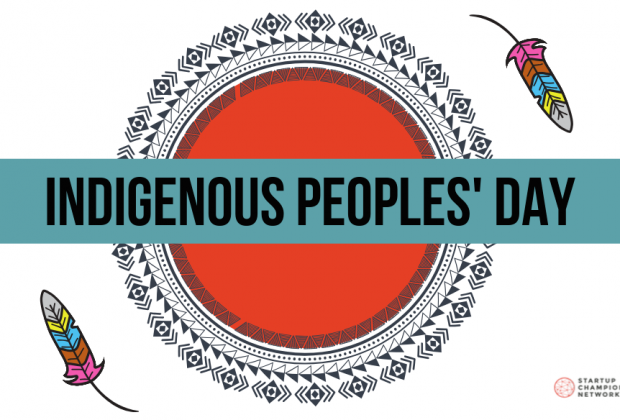


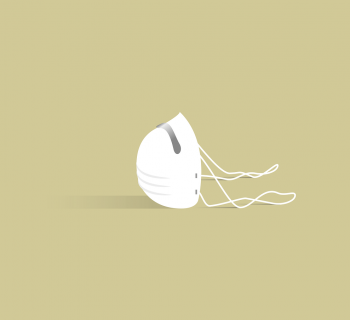
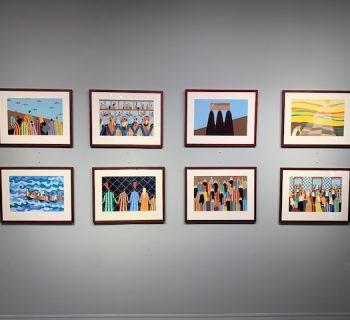
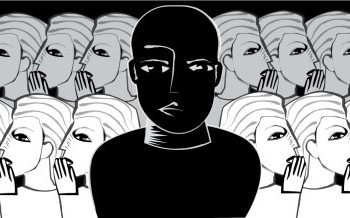



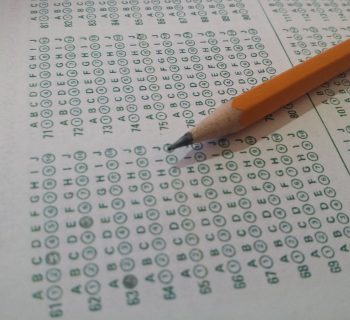
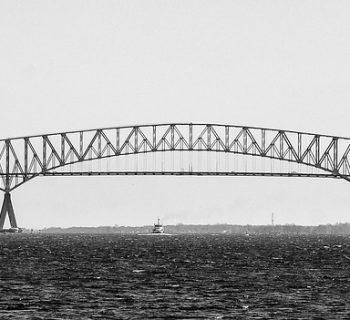
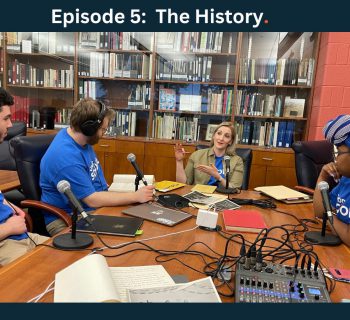
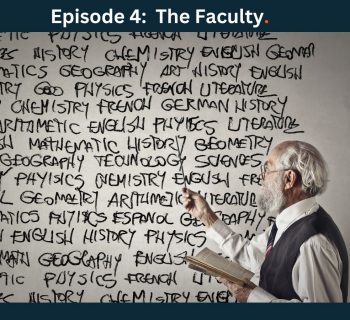
I am really happy with the realities of Native American History coming to light as of late (relatively speaking. It is better to know the truth rather than have children and even adults be fed lies about the atrocities that were committed against Native Americans with the advent of Christopher Columbus “discovering them” way back when. Hopefully even more progress is made in the future.
I completly agree that history is a tool that we use today and use it to look back and understand how we arrived to where were at today, and it has not helped me chart a better course towards the future due to the fact I am African American.